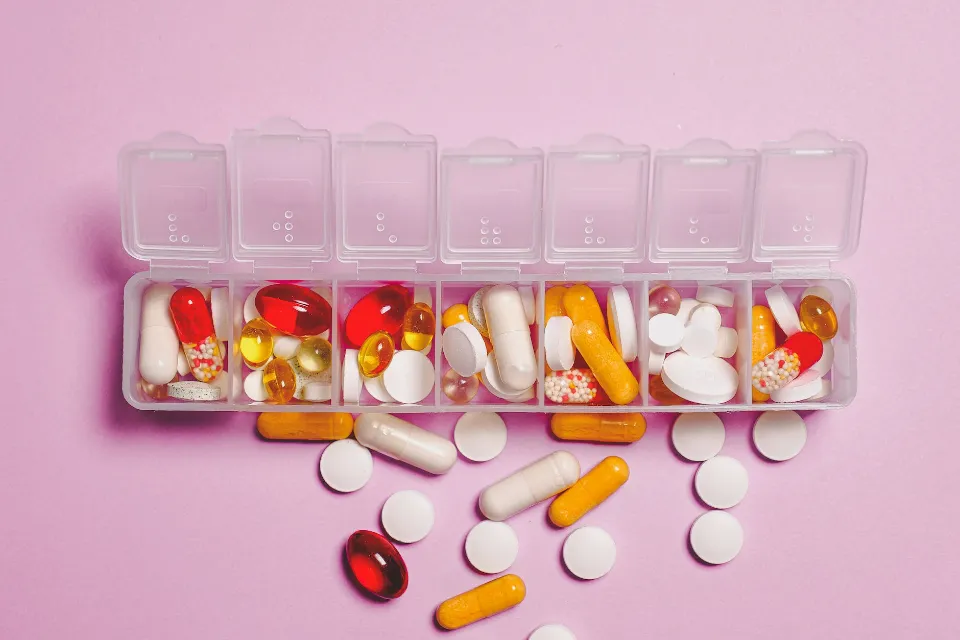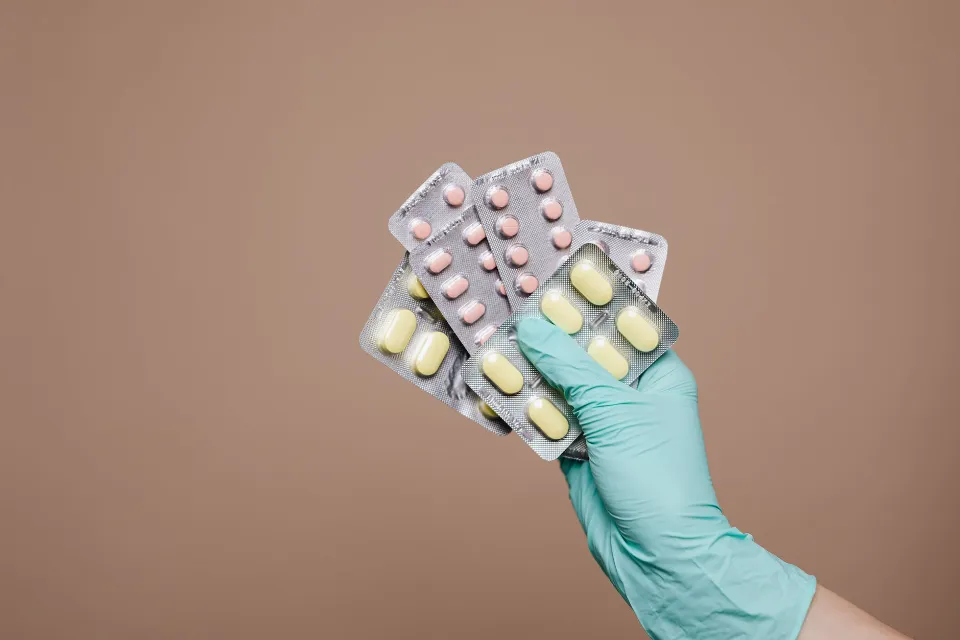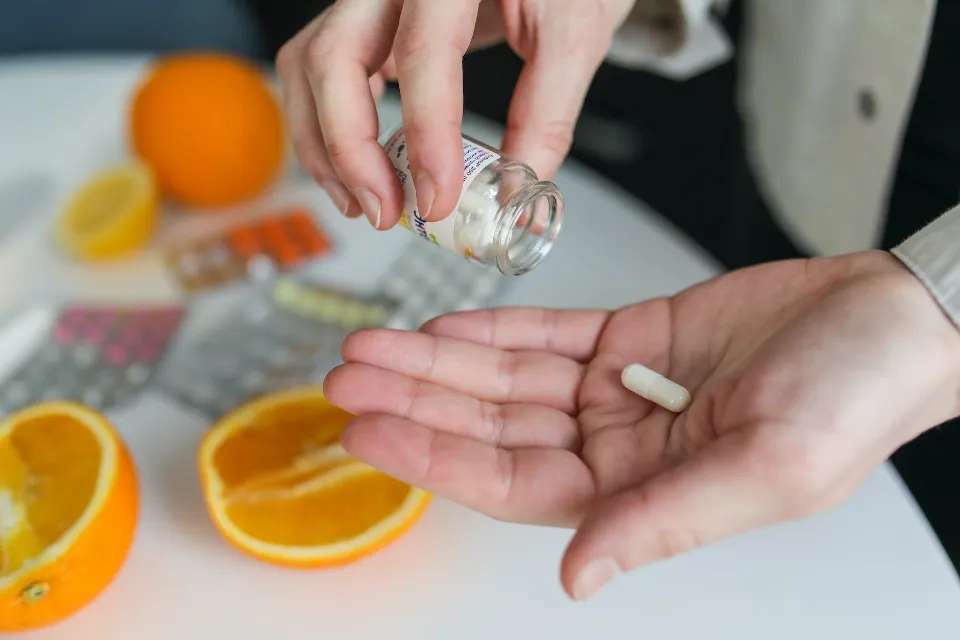It might not seem significant, but taking one less dose of your medication each day can have serious repercussions. We must be aware of your medication regimen for your benefit, and occasionally you might have queries or need guidance.
We can assist you if you are unsure of the best way to take your medications, need assistance remembering to take them, or want to learn more about the health advantages of taking them or how your medications actually work. Read on!
What Happens When You Forget to Take Your Medication?
You may miss the best time window. It is best to treat your symptoms before they manifest with some painkillers for arthritis. If not, it might be more difficult to control your pain flare-ups. If you have asthma, waiting too long to use your inhaler increases the likelihood that the symptoms associated with irritated airways will develop. If you don’t finish your antibiotics, your infection could last longer or even return. Then you may need a longer drug course or more powerful antibiotics. Take all of your prescribed medications even if you feel better since incomplete treatments can lead to antibiotic resistance.
Your illness may get harder to treat. If you don’t take your HIV medication as prescribed, your virus strain may have a chance to develop resistance to the medication. That will make it more difficult to manage your infection.

What should you do if you missed a dose?
The response is based on the kind of medicine you’re taking. When you realize you missed a dose of a certain medication, your pharmacist might advise you to take it right away. For other medications, you might be instructed to simply skip the missed dose and continue with the subsequent one. However, there are some general rules that apply to taking missed doses; Our pharmacists usually recommend this general rule of thumb: If it’s only been a few hours since your missed dose, go ahead and take it; then, take your next pill as usual. If it’s been more than a few hours, hold off and take your next dose on schedule. Say, for instance, that you must take a pill twice daily, once at 7 a.m. and again at 7 p.m. If you remember that you didn’t take your morning medication at 10 a.m., go ahead and take it. However, if you find out you missed it very late in the day (like at 3 p.m.), skip it—just take your 7 p.m. dose as usual. You are now back on course!
How to Remember to Take Pills?
Set Calendar Alerts
Perhaps using a calendar is more convenient for you than using a mobile device, or you simply prefer it. Those are also excellent tools. In your little black book, on your computer, on a paper calendar at home, or anywhere else you keep a schedule, note your daily dosages. Just make sure to regularly update it and mark each dose as you take it, in case you forget from dose to dose.
What matters most is that you establish a regular schedule to help you remember to take your medications. Look for what suits you the best. Try to take your medications every day at the same time.
Use Pill Boxes
Pill boxes are a convenient medication organization tool that are readily available at the majority of pharmacies. Pill boxes have been around for a while and are particularly helpful if you frequently forget to take your medications. Despite the fact that this tool appears dated, it is incredibly helpful for people who take a variety of medications every day and at various times.
Medication boxes may be particularly useful for elderly patients. The boxes are divided into discrete units that contain one week’s worth of medication or more, and they may even be divided by the hours of the day. Although they can fit into travel bags or purses, avoid leaving them in a hot or icy car.
Just make sure you don’t have any medications that look alike and could confuse family members or older loved ones, or that it is not confusing for you.
Use Electronic Pill Reminders
Apps to help patients remember and track their medication use are convenient tools for anyone who carries a mobile phone. View frequently used apps here.
- A pill reminder app, for instance, can maintain a complete list of all your medications. On your mobile device, you can choose to receive reminders for taking your medications at specific times as well as notifications for prescription refills.
- Additionally, you can add private notes and easily access vital details about your medication online.
- You might get a picture of your medications for the app if you prefer visual cues for quick reference. discovered a misplaced pill in your pocket? To check it for colors, markings, and shapes, use the pill identifier app.
- It is simple to have a comprehensive list of all your medications when you visit the dentist, doctor, or another healthcare professional. This is also very beneficial for drug interaction checks. Your doctor might also be able to access your list online.

Asking for Help from Family
A team to help remind each other to take our doses can be useful because many of our friends and family members take medications. If you live alone, perhaps a friend would text you every morning or evening when they take their medication. If a family member you live with also takes medication, your home already has a built-in pill reminder system. Take advantage of it.
Seniors frequently require assistance in order to remember their medication. If you have a loved one who takes multiple medications, think about assisting them in making a pill box by printing out images of their medications from the Pill ID tool and then writing in large print what each medication is used for, along with its name and dosage. So that they can refer to the printouts when necessary, put the images somewhere noticeable but secure.
Put Your Meds in Easy-touch Places
Keep medicines that are supposed to be taken with, or after food, in the morning by your kettle or toaster or near where you prepare food. Keep the medications you should take at night on your bedside table.
Summary
These five ways can help you take your medications on time. To reduce the number of daily doses, ask your doctor or pharmacist which medications you can safely take at the same time. As these are the most typical (and frequently simplest) times to take your medications, make sure you can do so at breakfast, dinner, or bedtime. Plan your routine around these times if at all possible.



